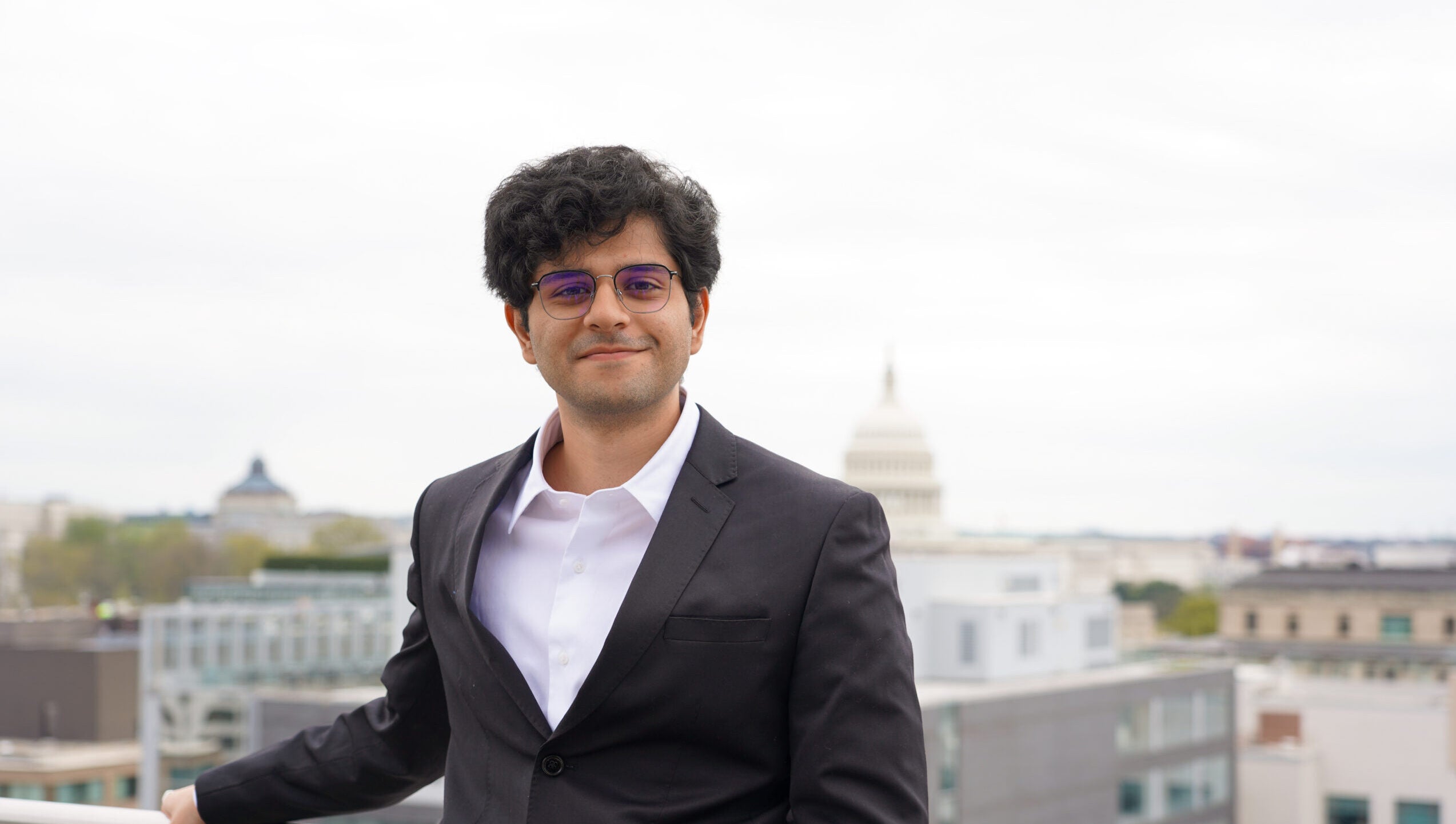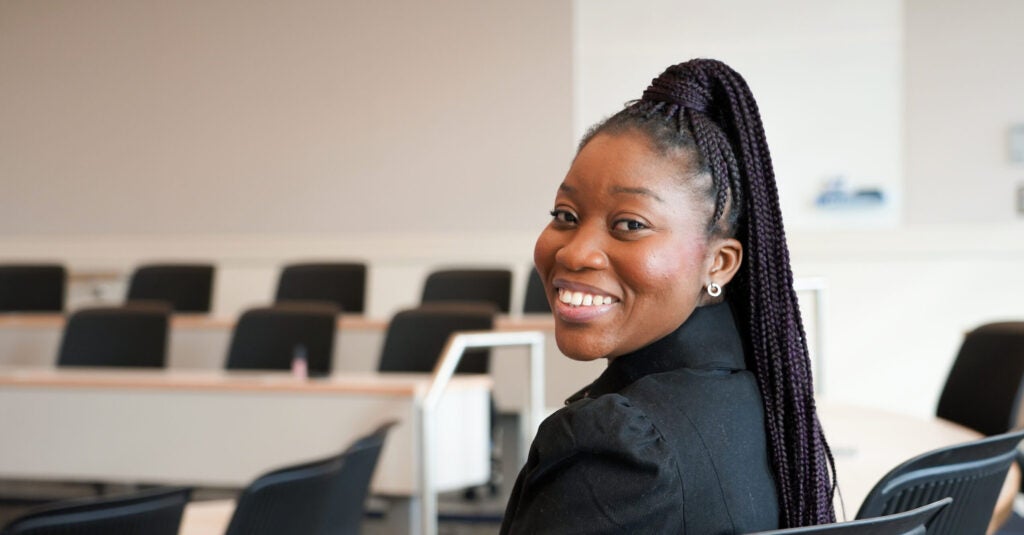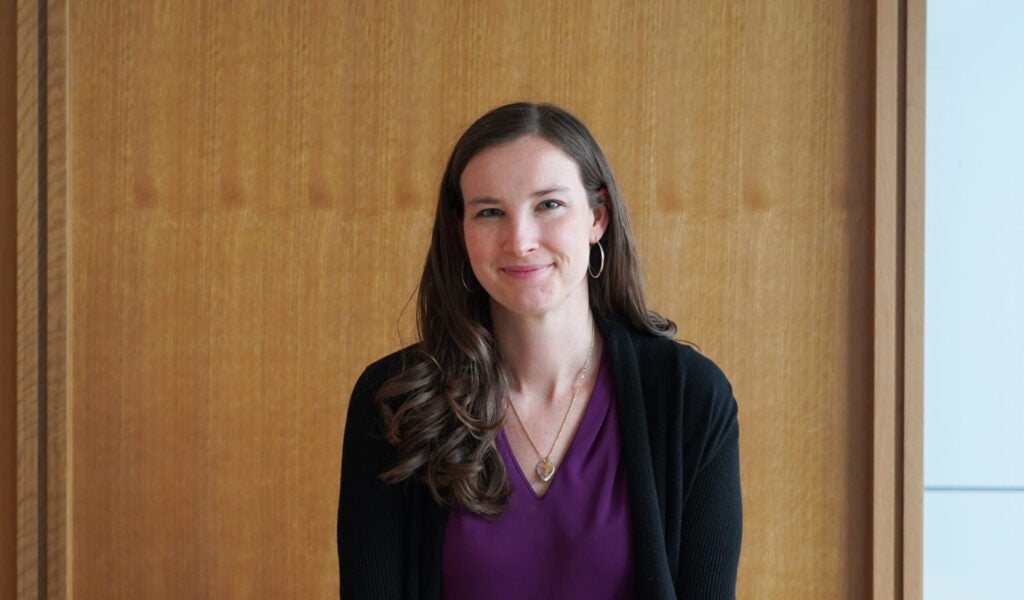Leveraging global experience, McCourt School student uses data for social impact
Ibadat Jarg (MS-DSPP’26) chose the McCourt School of Public Policy for its unique blend of technical training and practical policy application, where data science is not just theoretical but actively contributes to driving real-world change.
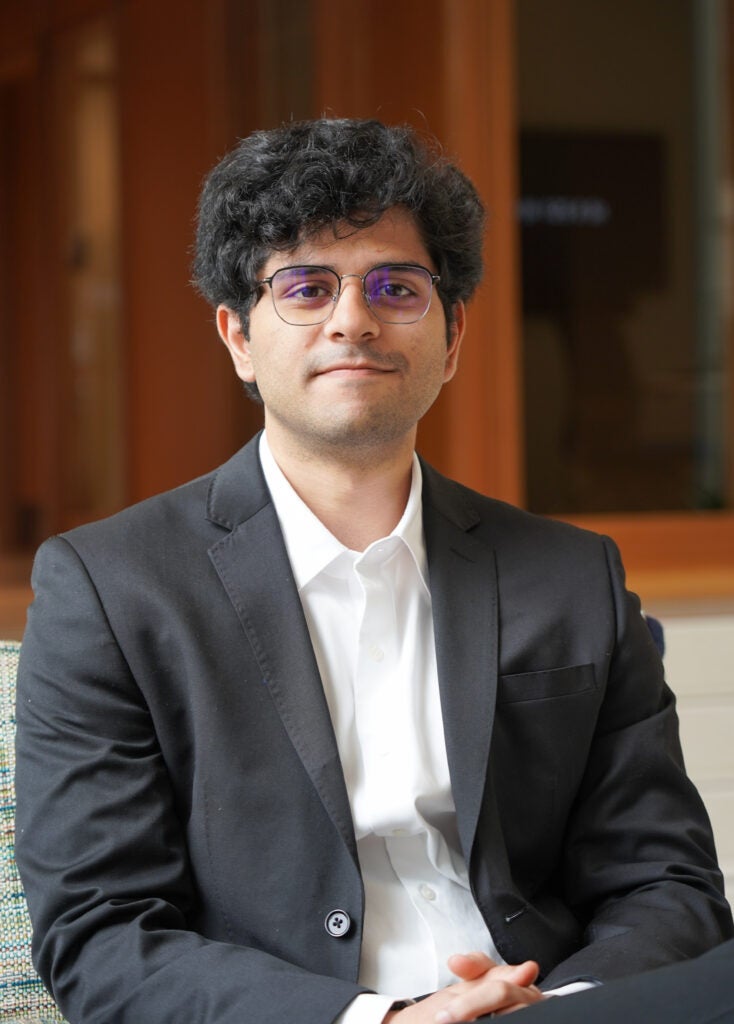
Ibadat Jarg (MS-DSPP’26)
After earning a double major in economics and political science with a minor in statistics from the University of Toronto, Ibadat Jarg (MS-DSPP’26) sought a graduate program that could marry computational rigor with a purpose-driven approach to policy. “I didn’t want something that was just focused on coding,” explained Jarg. “I wanted a program grounded in making a real-world impact.”
That search led him to the Master of Science in Data Science for Public Policy (MS-DSPP) program at Georgetown University’s McCourt School of Public Policy. The program’s dynamic blend of technical training and policy analysis curriculum, in combination with its location in the heart of Washington, DC, proved to be the perfect fit.
“DC offers access to some of the most important policy thinkers in the world,” said Jarg. “This spring, I moderated a conversation with Don Graves, former U.S. Deputy Secretary of Commerce. I also participated in an eight-week dinner series sponsored by the Georgetown Tech Policy Initiative (GTPI) , offering students unparalleled access to government change agents. Opportunities like these just don’t exist in every city or school.”
A global upbringing and a comparative perspective
Raised in India and shaped by experiences in San Francisco, Dubai and Canada, Jarg brings a distinctly international perspective to the classroom. His exposure to monarchies, parliamentary democracies and federal systems sharpened his understanding of how cultural values — like America’s unique emphasis on individual freedom — shape the policy landscape.
“I often find U.S. policy discussions to be quite self-contained,” he reflected. “My background compels me to look at current issues through a comparative lens and question, ‘What’s working in other countries, and why?’”
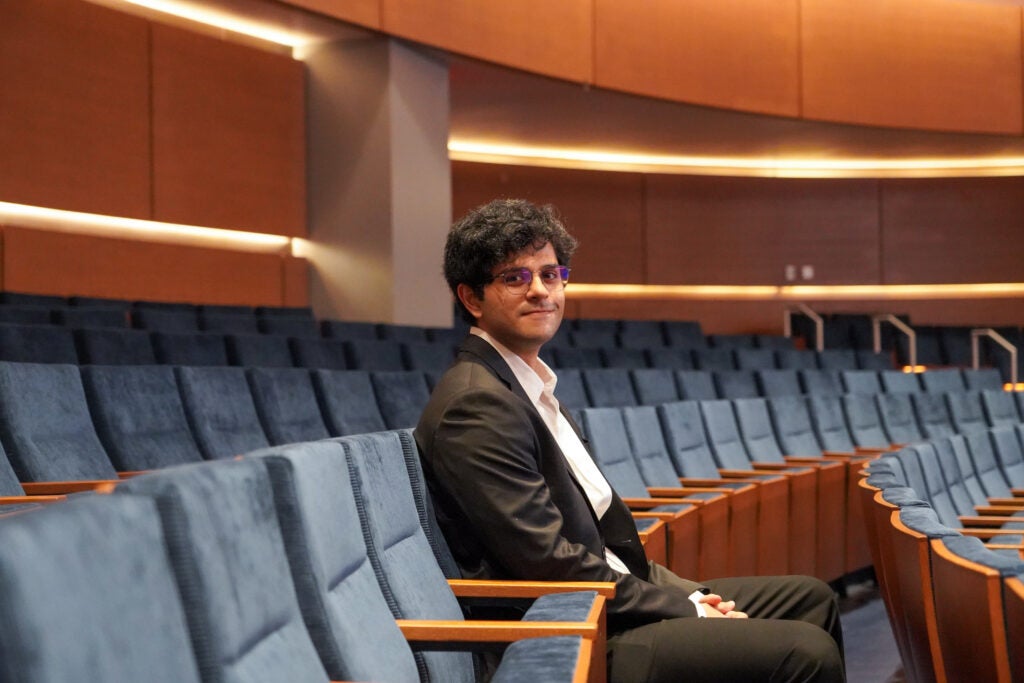
Raised in India and shaped by experiences in San Francisco, Dubai and Canada, Ibadat Jarg (MS-DSPP’26) brings a distinctly international perspective to the classroom.
Before attending the McCourt School, Jarg interned with India’s Observer Research Foundation, working in the Department for New Economic Diplomacy. “Even one of India’s most forward-thinking think tanks wasn’t fully leveraging data in its work,” he noted. The experience solidified Jarg’s interest in creating pathways for more robust, locally grounded research models in developing countries.
Now, Jarg is channeling his experiences into research. This summer, Jarg will join Georgetown’s Lab for Globalization and Shared Prosperity to help build an index of U.S. counties affected by Chinese trade policy. The project, introduced to him by MS-DSPP Faculty Director Michael Bailey , represents a key step in his journey.
“I want to take really complex datasets and turn them into something people can actually use,” he explained. “There’s so much information out there; it’s overwhelming. I want to be the filter that makes it meaningful.”
Balancing trade policy ambitions with a passion for food
Though immersed in trade policy and data science, Jarg also holds a deep passion for food policy. A conventional trip to a Walmart in Virginia opened his eyes to the scale and abundance of the U.S. food system and raised questions about the prevalence of food deserts and public health.
When he’s not studying policy, Jarg is cooking. “If I wasn’t pursuing a policy career, I would be a chef,” he laughed. “If I have time this summer, I would love to explore a project around nutrition access or community-centered approaches to health and wellness. There’s a whole policy world behind what’s on our plates.”
After graduation, Jarg hopes to work at the intersection of research and international policy — at the World Bank, a global think tank or even in a communications-forward research role.
“I might not be the strongest coder on a team, but I know I can translate complex research into accessible ideas,” he said. “That’s where I see my niche.”
- Tagged
- MSDSPP
- Student Spotlight
